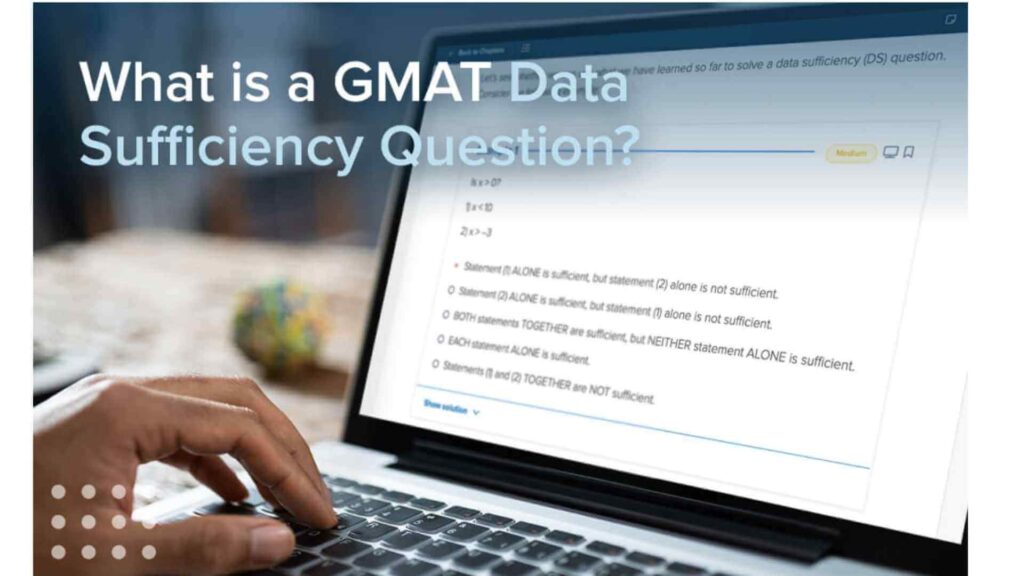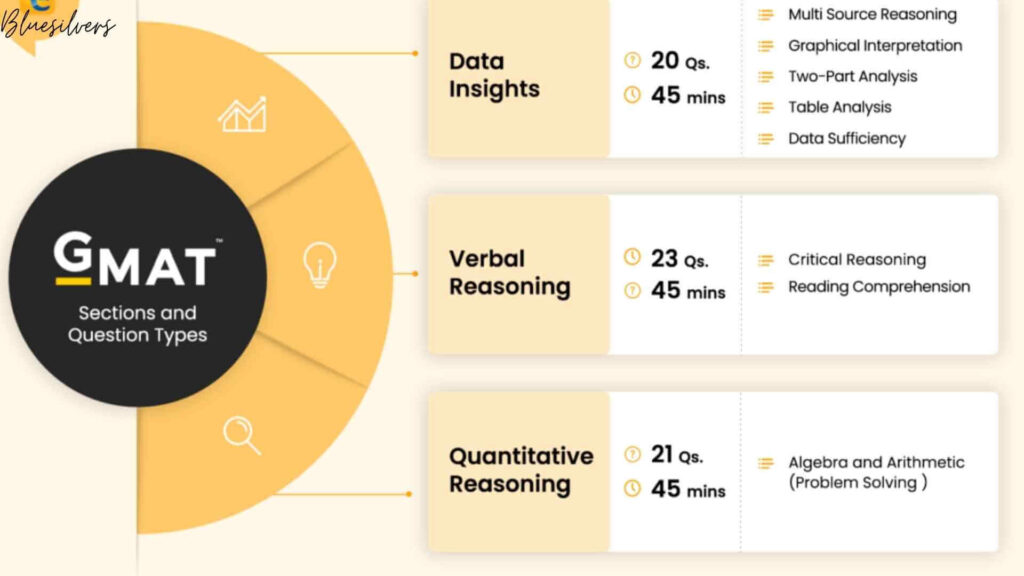Graduate Record Examination (GRE) – A Comprehensive Guide
Table of Contents
The Graduate Record Examination (GRE) is one of the most widely accepted standardized tests for graduate school admissions across the globe. Administered by the Educational Testing Service (ETS), the GRE is designed to assess a candidate’s readiness for graduate-level academic work. It is a critical component of applications for programs ranging from business to engineering, humanities, and the sciences. This article provides an in-depth look at the GRE, covering its importance, structure, registration process, preparation strategies, and more.
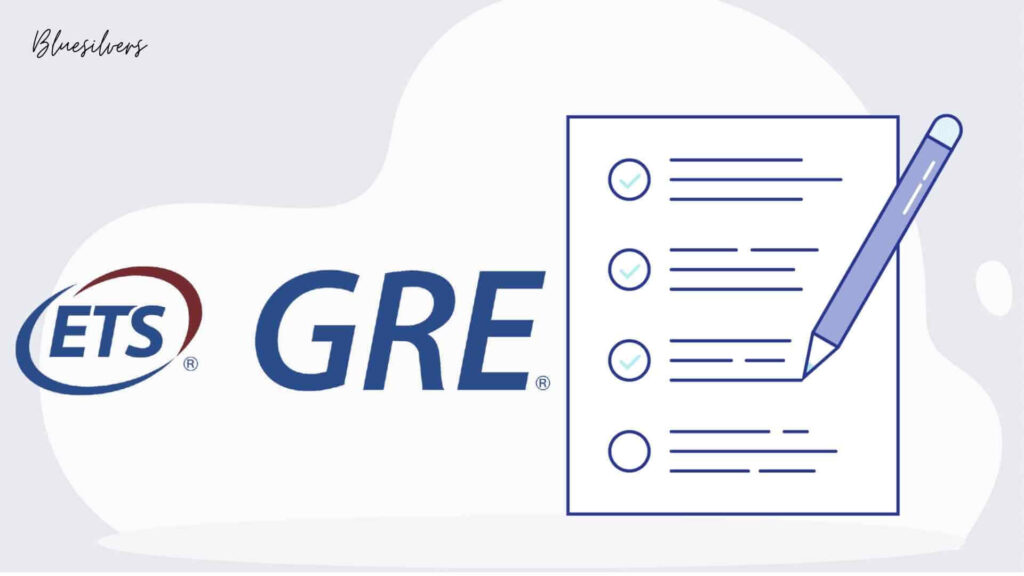
Importance of the GRE
The GRE plays a pivotal role in the graduate admissions process. Here’s why it is significant:
- University Admissions: Many graduate and business schools use GRE scores as part of their admissions criteria to assess applicants’ analytical, verbal, and quantitative skills.
- Scholarship Opportunities: A strong GRE score can enhance eligibility for scholarships, fellowships, and assistantships.
- Program Flexibility: Unlike some other standardized tests, the GRE is accepted across a wide range of disciplines, making it versatile.
- Global Recognition: The GRE is recognized by over 1,200 business schools and 1,500 universities worldwide.
GRE Exam Structure
The GRE General Test evaluates three key areas: Analytical Writing, Verbal Reasoning, and Quantitative Reasoning. Let’s explore each section in detail:
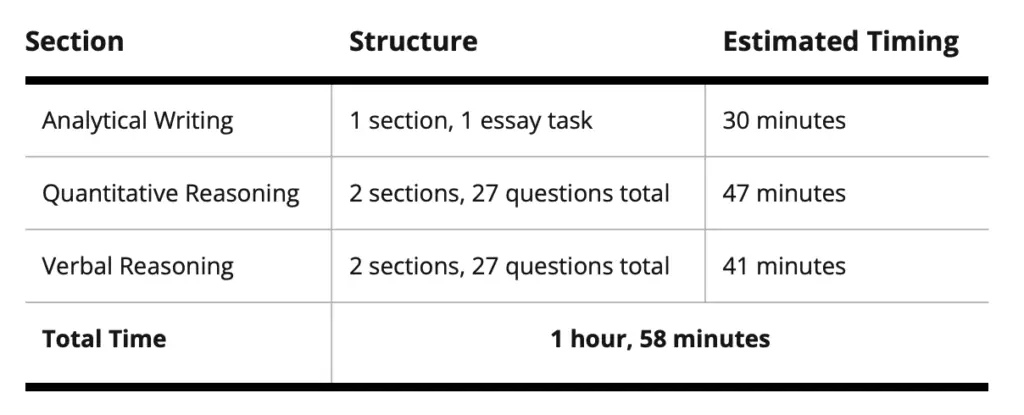
- Analytical Writing:
- Purpose: Measures critical thinking and the ability to articulate complex ideas clearly.
- Structure: Two tasks: “Analyze an Issue” and “Analyze an Argument.”
- Time: 30 minutes per task (total 60 minutes).
- Verbal Reasoning:
- Purpose: Tests the ability to understand and evaluate written material and synthesize information.
- Question Types: Reading comprehension, text completion, and sentence equivalence.
- Time: Two sections, 20 questions each, with 30 minutes per section.
- Quantitative Reasoning:
- Purpose: Assesses basic mathematical skills and problem-solving abilities.
- Topics: Arithmetic, algebra, geometry, and data analysis.
- Time: Two sections, 20 questions each, with 35 minutes per section.
- Unscored and Research Sections:
- ETS may include an unscored or research section for testing new questions. These do not count toward the final score.
The test duration is approximately 3 hours and 45 minutes, including breaks.
GRE Scoring
The Graduate Record Examination uses a scaled scoring system:
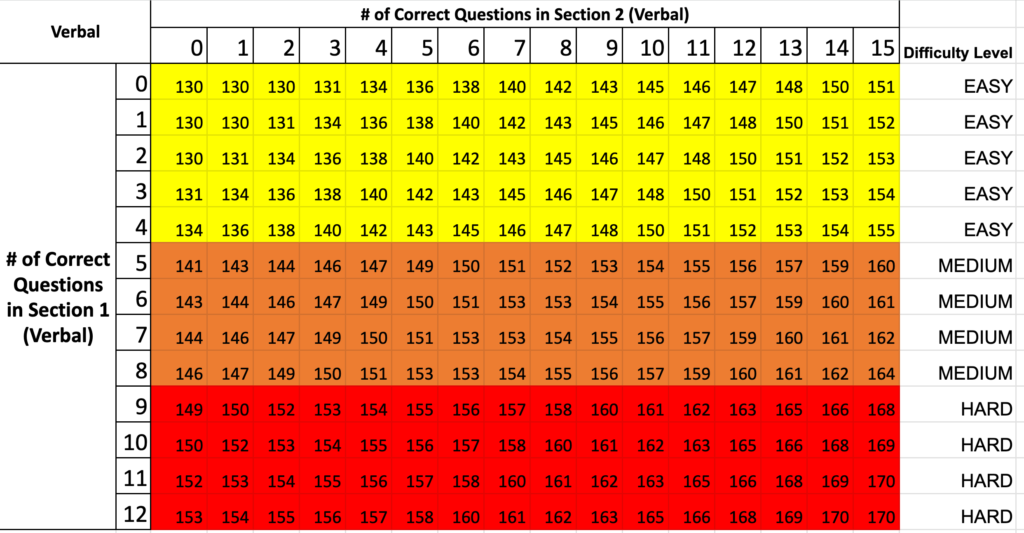
- Analytical Writing: Scored on a scale of 0-6 in half-point increments.
- Verbal Reasoning: Scored on a scale of 130-170 in one-point increments.
- Quantitative Reasoning: Scored on a scale of 130-170 in one-point increments.
The total score ranges from 260 to 340 for the Verbal and Quantitative sections combined. Analytical Writing is scored separately.
GRE Subject Tests
In addition to the General Test, ETS offers GRE Subject Tests in specific areas, including:
- Biology
- Chemistry
- Literature in English
- Mathematics
- Physics
- Psychology
These tests assess knowledge in specific disciplines and are required by some programs for specialized fields of study.
Registration Process for the GRE
Registering for the GRE is a straightforward process. Here are the steps:
- Create an ETS Account: Visit the official ETS website and create an account.
- Choose a Test Date and Location: Select a convenient test center or opt for the at-home testing option.
- Pay the Registration Fee: The fee for the Graduate Record Examination General Test is $228 in most regions, including Nigeria (subject to change).
- Confirmation: After payment, you will receive a confirmation email with your test details.
GRE at Home Option

To accommodate test-takers during the COVID-19 pandemic, ETS introduced the Graduate Record Examination at Home option. This version is identical to the in-center test but is taken remotely under strict proctoring conditions. Candidates need a reliable internet connection, a computer meeting ETS requirements, and a quiet environment.
Preparing for the GRE
Effective preparation is crucial to achieving a high GRE score. Below are some strategies:

- Understand the Test Format: Familiarize yourself with the test structure and question types.
- Set a Study Schedule: Allocate specific time daily or weekly for GRE preparation based on your test date.
- Use Official Study Materials: Leverage resources like the Official Graduate Record Examination Guide, ETS’s free practice tests, and sample questions.
- Practice Regularly: Take full-length practice tests to build stamina and improve time management.
- Focus on Weak Areas: Identify and work on sections where you struggle the most.
- Join Prep Classes: Consider enrolling in Graduate Record Examination preparation courses for expert guidance.
- Utilize Apps and Online Resources: Platforms like Magoosh, Kaplan, and Manhattan Prep offer interactive study tools.
Test Day Expectations

On test day, follow these tips to ensure a smooth experience:
- Arrive Early: Reach the test center at least 30 minutes before your scheduled time.
- Bring Valid Identification: Carry an acceptable ID, such as a passport.
- Follow Instructions: Adhere to guidelines provided by the test administrators.
- Stay Calm: Maintain composure and focus on each section.
GRE Score Reporting
GRE scores are available online approximately 10-15 days after the test date. Test-takers can send their scores to up to four institutions for free during registration. Additional score reports can be sent for a fee.
Retaking the GRE
Candidates can retake the Graduate Record Examination every 21 days, up to five times within a 12-month period. It’s advisable to analyze previous scores and identify areas for improvement before retaking the test.
Challenges Faced by GRE Test-Takers in Nigeria
Nigerian candidates often encounter the following challenges:
- High Registration Fees: The cost of the Graduate Record Examination may be prohibitive for some test-takers. Planning and saving in advance is essential.
- Limited Test Centers: Early registration is critical to securing a slot at preferred centers.
- Preparation Resources: Access to quality study materials and resources can be limited. Exploring online tools and apps can help bridge this gap.
Benefits of Taking the GRE
Despite its challenges, the GRE offers numerous benefits:
- Global Opportunities: Graduate Record Examination scores are accepted worldwide, opening doors to top universities.
- Versatile Applications: The Graduate Record Examination is not restricted to specific fields and is valid for both graduate and business school admissions.
- Flexible Test Dates: With multiple test dates throughout the year, candidates can choose a convenient time to take the test.
Conclusion
The Graduate Record Examination is an essential stepping stone for Nigerian students and professionals seeking advanced education and career opportunities abroad. By understanding the exam’s structure, preparing effectively, and addressing potential challenges, test-takers can achieve their desired scores and unlock new horizons. With dedication and strategic planning, success on the GRE is within reach.


